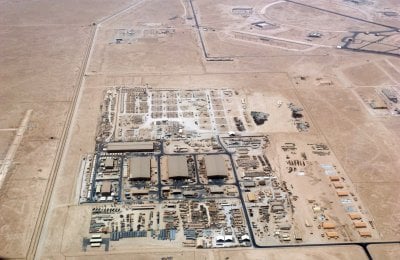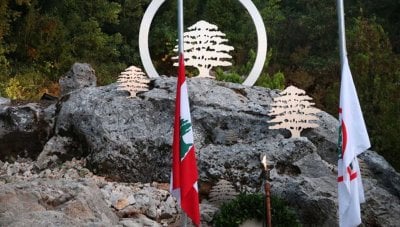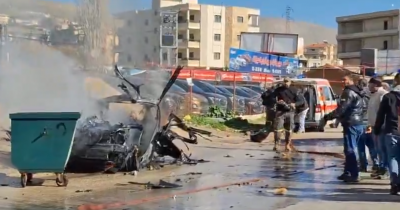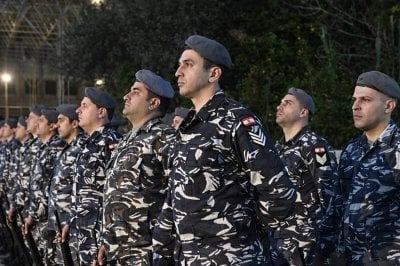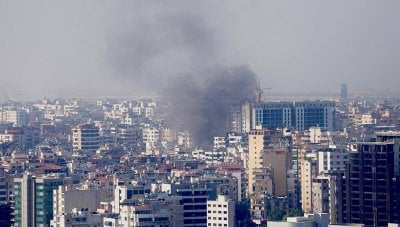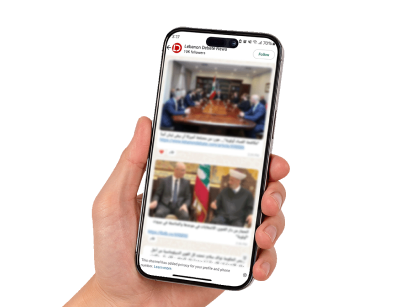غرّد مدير مستشفى الحريري الجامعي فراس أبيض على حسابه عبر "تويتر"، "مشاركتي في تشكيل الرد على Covid19 جعلتني أتأمل، هل من الأفضل أن تبني السياسة الوطنية على "الخوف" أم على "الثقة"؟، لقد طارد هذا السؤال الحكومات في الشرق الأوسط في القرن الماضي، ولا يزال الآن كما كان من قبل".
1.5 My participation in shaping the response to the Covid19 in ???????? made me contemplate: Is it better to base national policy on “fear” or on “trust”? This question has dogged governance issues in the Middle East for the past century, and is still relevant now as before.
— Firass Abiad (@firassabiad) May 15, 2020
وأشار إلى أن "الخوف محرك قوي، يمكن أن يكون من السهل تحقيقه ويتيح نتائج سريعة. ومع ذلك، فهي ليست مستدامة على المدى الطويل لا جسديا ولا عقليا".
ولفت أبيض، إلى أن "الثقة تتطلب حكمًا جيدًا وعملًا شاقًا في كثير من الأحيان ، لكنها تؤدي إلى مجتمع أكثر استقرارًا وصحة".
2.5 “Fear” is a strong drive. It can be easy to achieve. It allows quick results. However, it is not sustainable on the long run, neither physically nor mentally. “Trust” requires good governance and often thankless hard work, but it results in a more stable and healthy society.
— Firass Abiad (@firassabiad) May 15, 2020
وقال: "استندت السياسة على الجهد الجماعي لمجموعة من مسؤولي الصحة العامة والأكاديميين والإداريين وخبراء الاتصالات والوكالات الدولية والمنظمات غير الحكومية المحلية.كان التدخل السياسي حاضراً ، ولكنه غير شائع".
3.5 The policy was based on the team effort of a group of public health officials, academics, administrators, communication experts, international agencies and local NGOs. Political interference was present, but uncommon. Attending those meetings, I witnessed ???????? as it should be.
— Firass Abiad (@firassabiad) May 15, 2020
وأضاف مدير مستشفى الحريري، "التوصيات وبناءً على العلم والبيانات وبعد مناقشات مستفيضة وإن كانت صاخبة في كثير من الأحيان، وبالنظر إلى الموارد المتاحة، كانت الاستراتيجية سليمة في الغالب، وتم تنفيذها جيدًا، حيث لعب الخوف دورًا في استجابة الجمهور لكنه لم يكن هدفًا".
4.5 Recommendations, based on science and data, were made after thorough, though often noisy, discussions. Considering the available resources, the strategy was mostly sound, and well implemented. Fear did play a role in the public’s response, but was not an aim.
— Firass Abiad (@firassabiad) May 15, 2020

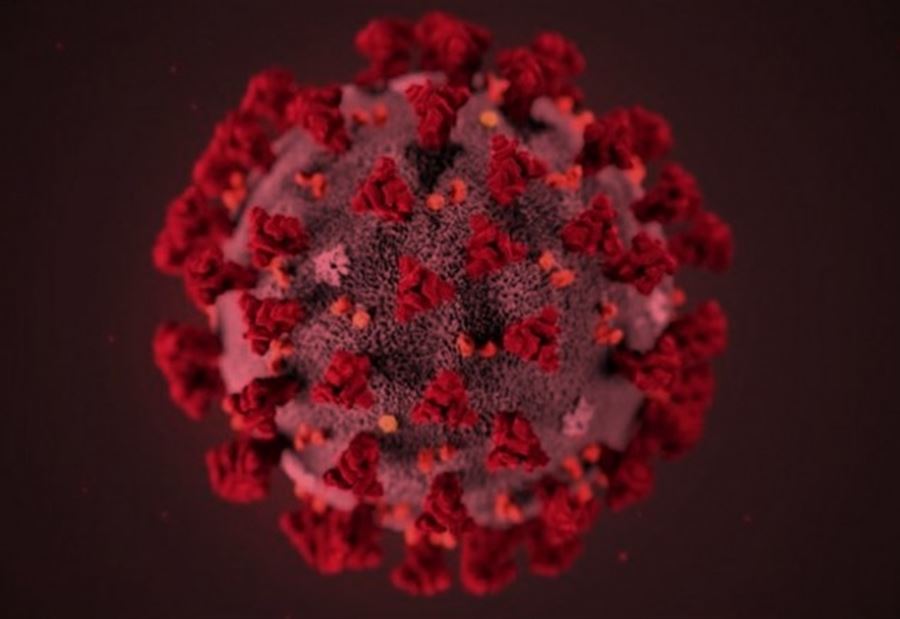
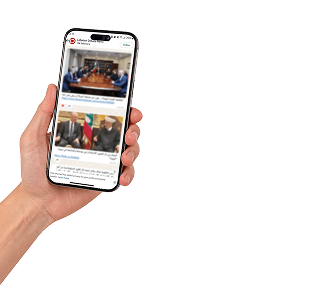

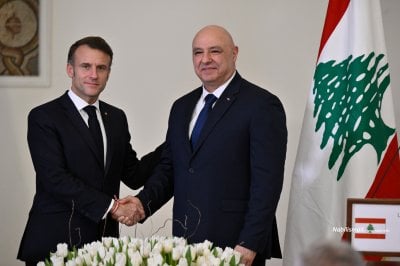
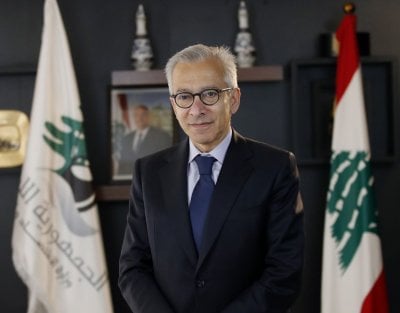

 الـــمــــزيــــــــــد
الـــمــــزيــــــــــد